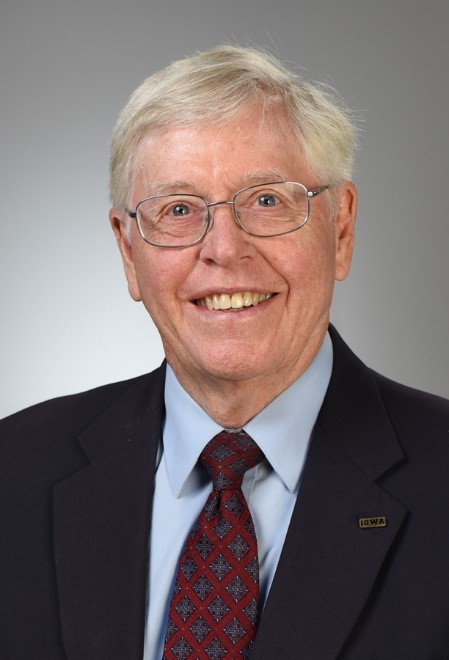CEST (Brussels time)
90 minutes
HP1
Critical thinking is considered an essential skill for the successful practice of dentistry. The literature is sparse for learning outcomes in critical thinking and the literature even sparser for outcomes-based assessment of critical thinking.
The purpose of this session is to build on an ADEE 2023 Liverpool session about learning outcomes for critical thinking, where the purpose was to establish critical thinking learning outcomes as a basis for learning guidance and outcomes-based performance assessment. The logic is that without a learning outcome, how can performance be guided and assessed?
The interactive session has four main parts:
- Review of leaning outcomes for ten patient-based, student-led demonstrations of thinking and judgment;
- Assess on a scale of 1 to 5 the effectiveness of sample patient-based, student-led demonstrations of thinking and judgment;
- Assess mastery for actual patient-based, student-led performances of thinking and judgment;
- Project the potential for AI assessment.
For the section on outcomes-based assessments, audience participation will be expected to determine student performance for mastery of the learning guide as applied to their patient. Actual student performances with be offered for audience assessment. Examples of patient-based, student-led demonstrations of thinking and judgment include caries, periodontitis, and Geriatrics risk assessment, technology decision-making, IPP, Social Work, EBD, empathy, ethics, conceptualizing the next patient encounter.
| 09:00 | Welcome and introduction to concept; |
| 09:15 | Audience assessments on a scale of 1-5 on potential effectiveness of examples for patient-based, student-led demonstrations of thinking and judgment to guide leaning and assess performance; |
| 09:35 | Audience interaction to conduct mastery level assessments for actual student performances; |
| 10:25 | Wrap up and ideas for more patient-based, student-led demonstrations of thinking and judgment and the potential for AI to conduct student assessments. |
- For nine examples, articulate essentials from learning outcome to outcomes-based assessment. Essentials include a learning outcome for critical thinking based on the thought process from the expert derived succinctly enough for the novice to apply to the next patient or situation; use of the thought process as the learning guide; and use of the learning guide as the assessment instrument. Examples include caries, periodontitis, and Geriatrics risk assessment, technology decision-making, IPP, Social Work, EBD, empathy, ethics, conceptualizing the next patient encounter.
- Be prepared to assess (on a scale of 1 to 5) the effectiveness of sample exercises in fulfilling the criteria for an outcomes-based assessment for critical thinking. Examples for audience assessment will include caries, periodontitis, and Geriatrics risk assessment, technology decision-making and conceptualizing the next patient encounter.
- Be prepared to assess mastery or lack of mastery for specific/individual student performances for caries, periodontitis, and Geriatrics risk assessment, technology decision-making and conceptualizing the next patient encounter. Actual de-identified student Power Point presentations will be used or audience participation on assessments.
- Be prepared to assess (on a scale of 1 to 5) the potential for AI to conduct assessments for patient-based, student-led demonstrations of thinking and judgment.





